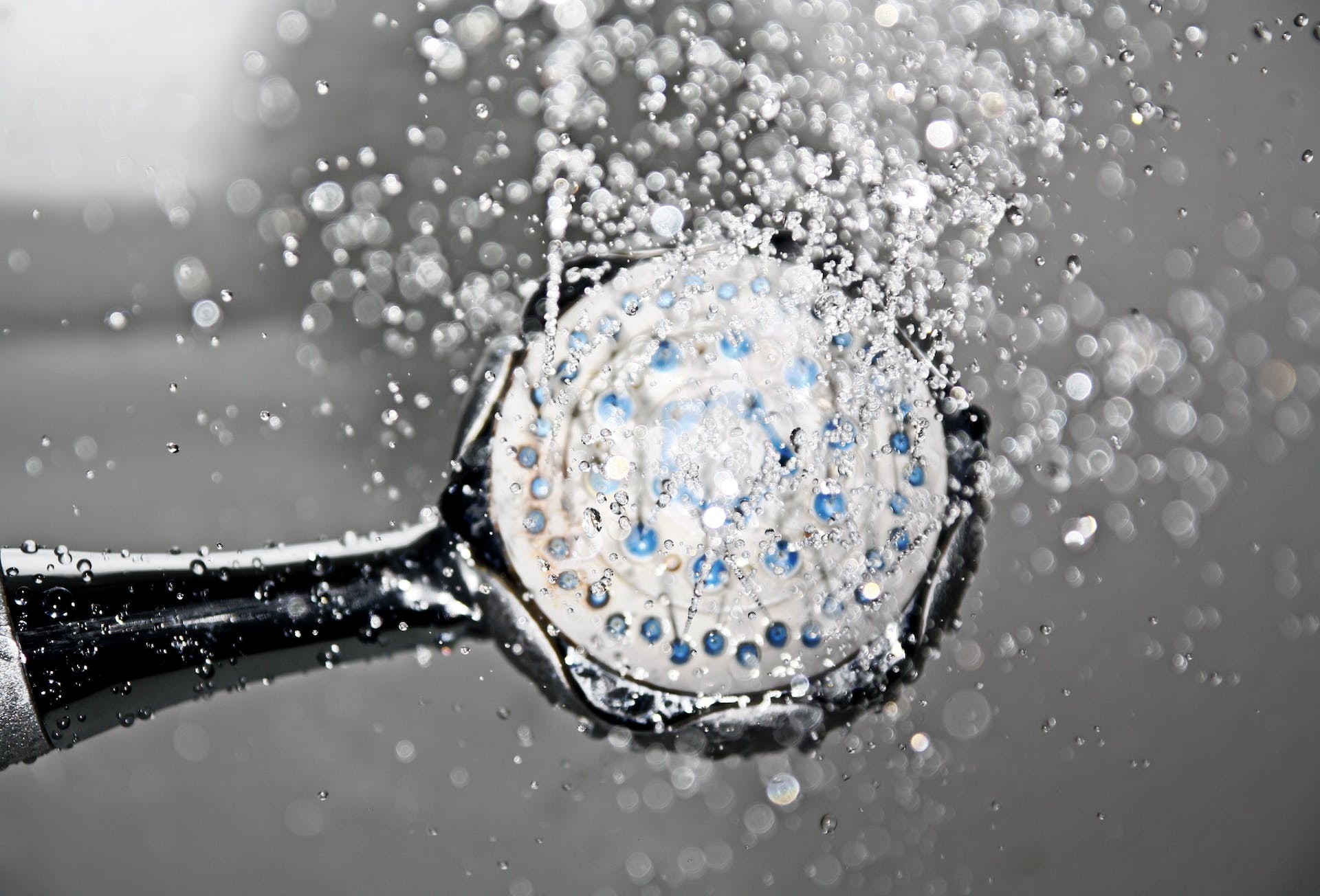
When it comes to home comfort, choosing the right Water Heating System is a decision that has a long-lasting impact on both your daily life and energy bills. A water heater is not just a utility but a vital component that ensures the smooth running of your household, providing hot water for showers, laundry, and cooking.
With several types of Water Heating Systems available, including Gas, Electric, and Tankless Water Heaters, understanding their differences and benefits is crucial in making an informed choice.
Understanding Your Options
When it comes to selecting a water heater, homeowners are typically faced with three primary choices: Gas, Electric, and Tankless. Each type offers distinct features and benefits, and the decision should be based on factors such as energy efficiency, installation requirements, and overall cost.
Gas Water Heating System
Gas water heaters are a common choice for many households. They use natural gas to heat the water, which is typically stored in a tank. Here are some key aspects:
- Key Features and Benefits
Gas water heaters heat water faster than electric models, making them ideal for larger families with high hot water demand. They are also functional during power outages, providing an added layer of convenience. - Energy Efficiency and Installation Requirements
While they are generally more energy-efficient than electric water heaters, they do require venting to the outdoors. Installation can be more complex and may require professional help, especially for venting and gas line management. - Ideal Scenarios
They are best suited for homes that already have a gas line. They are a cost-effective solution, particularly in areas where gas is cheaper than electricity.
Electric Water Heating System
Electric water heaters are another popular choice and are known for their simplicity and safety.
- Key Features and Benefits
These water heaters are generally easier and cheaper to install compared to gas water heaters, as they don't require a gas line or venting. They are considered safer, with less risk of leaks or combustion. - Comparison of Energy Efficiency to Gas Water Heaters
While they are less energy-efficient than gas models, advancements in technology have significantly improved their efficiency. They are ideal for homes where gas is not available or as a backup option. - Factors to Consider
Opt for an electric water heater if your home doesn’t have a gas connection or if you prefer a lower upfront installation cost. However, be aware of the potential for higher long-term energy costs compared to gas.
Tankless Water Heating System
Tankless water heaters, also known as on-demand water heaters, provide hot water only as it is needed.
- How They Function
These units heat water directly without the use of a storage tank. When a hot water tap is turned on, cold water travels through a pipe into the unit, and either a gas burner or an electric element heats the water. - Benefits
The primary advantage is the continuous supply of hot water and space-saving design, as they can be mounted on a wall. They are more energy-efficient than traditional tank models since they don’t store and repeatedly reheat water. - Energy Efficiency and Cost-Effectiveness
While the initial cost is higher than traditional tank heaters, tankless models can be more energy-efficient, leading to lower operating costs over time. They are ideal for homes where space is at a premium and for households with lower hot water demand.
Understanding these options is crucial in making an informed decision. Each type of Water Heating System has its unique advantages and may be more suitable for certain homes and lifestyles. Consider your household's hot water usage, space, energy sources, and budget to choose the best water heater for your needs.
Evaluating Your Water Needs
Before purchasing a new Water Heating System, it's crucial to evaluate your specific needs. The right choice depends on various factors, including the size of your household, your hot water usage patterns, available fuel types, and environmental considerations.
Assessing Household Size and Hot Water Usage
When evaluating the needs for your Water Heating System, two key aspects to consider are the size of your household and your typical hot water usage.
For larger families, the demand for hot water is naturally higher. This means you might need a water heater with a larger tank or opt for a high-capacity tankless system to ensure a consistent hot water supply, especially during peak usage times. Additionally, the frequency and timing of hot water use play a crucial role.
If your household often uses multiple appliances simultaneously that require hot water, it's essential to choose a water heater system capable of meeting this high demand efficiently.
Fuel Availability and Environmental Impact
Another important factor in your decision-making process is the availability of fuel sources like natural gas, propane, or electricity in your area.
Your choice might be influenced by what is readily available and practical in your region. For instance, in areas where natural gas is not accessible, electric or propane water heaters become more viable options. It’s also vital to consider the environmental impact of your choice. Gas heaters, while often having lower operational costs, might contribute more to your carbon footprint than electric models, particularly if your electricity is sourced from renewable energy.
These considerations help ensure that your Water Heating System not only meets your household's needs but also aligns with your environmental values and the resources available in your area.
Selecting the Ideal Water Heating System for Your Home
Choosing the right water heating system is crucial for ensuring comfort, efficiency, and cost-effectiveness in your home. A well-chosen system not only provides a consistent supply of hot .water but also contributes to energy savings and reduced utility bills
-
Assess Household Size and Demand
Start by calculating the amount of hot water your household needs during peak hours. This will help you determine the capacity required for your water heating system. -
Check Fuel Sources
Investigate the fuel sources available in your area. Determine which options are most cost-effective and compatible with your home's infrastructure. -
Set a Budget
Consider both the initial purchase price and the long-term operational costs of the water heating system. Look for options that offer a good balance between affordability and efficiency. -
Evaluate Space Constraints
Make sure you have enough space to accommodate the water heater, especially if you're considering a tank model. Measure your available space and compare it with the dimensions of potential systems. -
Understand Heating Requirements
Take into account the specific heating needs of your home, including the local climate and the size of the area to be heated. This will help you choose a system that is adequately sized and suited to your environment.
Cost Considerations
The cost of a Water Heating System encompasses both the initial investment and the long-term operating expenses. It’s important to consider these two aspects to make a financially sound decision.
Initial Costs vs. Long-Term Savings
- Gas Water Heating System
Generally have a lower initial cost than electric models but may require additional expenses for venting and gas line installation. - Electric Water Heating System
Tend to have lower upfront costs and are easier to install, but can have higher operational costs, depending on your local electricity rates. - Tankless Water Heating System
Have a higher initial cost but can be more energy-efficient, leading to lower utility bills over time.
Calculating the Potential Return on Investment
- Energy Efficiency Ratings
Look at the energy efficiency ratings of each model to estimate long-term savings. - Operational Costs
Calculate the estimated yearly operating costs based on your fuel prices and the efficiency of the heater. - Payback Period
Estimate how long it will take for the energy savings to offset the higher initial cost, especially for more energy-efficient models like tankless water heaters.
By carefully considering these cost factors, you can choose a water heater that not only fits your immediate budget but also aligns with your long-term financial goals. Remember, investing in a more efficient water heater can lead to significant savings over time, making it a wise choice for both your wallet and the environment.
Installation and Maintenance
Proper installation and regular maintenance are crucial for the optimal performance and longevity of your water heater, regardless of the type. Each kind of water heater comes with its own set of installation requirements and maintenance needs. Understanding these aspects can help ensure that your water heater operates efficiently and safely over its lifespan.
Installation Requirements
- Gas Water Heating System
Installation of gas water heaters involves connecting to a gas line and ensuring proper venting to expel exhaust gases. This process can be complex and typically requires a professional installer to comply with safety standards and local building codes. It's important to ensure that the installation area is well-ventilated and that the gas line is securely connected to avoid leaks. - Electric Water Heating System
Electric water heaters are generally easier to install than gas models. They require an appropriate electrical outlet and should be placed near the power source to reduce installation complexity. However, it's still advisable to have them installed by a qualified technician to ensure that the electrical connections are safe and meet the required electrical codes. - Tankless Water Heating System
The installation of tankless water heaters can be more involved, as they require modifications to your plumbing system and, in the case of gas models, the venting system. They also demand higher electrical or gas flow rates, so it may be necessary to upgrade your existing systems to accommodate a tankless heater.
Importance of Regular Maintenance
- Gas Water Heaters
Regular maintenance for gas water heaters includes checking the venting system, inspecting the gas line for leaks, and flushing the tank to remove sediment buildup. Annual inspections by a professional are recommended to ensure safe and efficient operation. - Electric Water Heaters
Maintenance for electric water heaters mainly involves periodically flushing the tank to prevent sediment accumulation and checking the condition of the heating element and thermostat. Regular checks can help in identifying issues like corrosion or element wear-out early on. - Tankless Water Heaters
Tankless models typically require less maintenance than traditional tank heaters. However, they should be descaled annually to prevent mineral buildup, especially in areas with hard water. Regular inspections can help ensure that the heating elements and sensors are functioning correctly.
Regardless of the type, it’s crucial to adhere to a regular maintenance schedule for your water heater. This not only prolongs the life of the heater but also ensures that it runs efficiently, providing your home with consistent hot water while keeping energy costs in check.
Proper installation and regular maintenance contribute significantly to the safe and effective operation of your water heater, making it a reliable resource in your home.
Choosing Your Ideal Water Heating System
Choosing the right water heater for your home involves a careful assessment of various factors, including the type of heater, energy efficiency, installation requirements, cost, and your household's specific needs. It's important to remember that the right choice depends not only on the initial cost and installation but also on long-term energy efficiency, maintenance needs, and the heater’s suitability to your lifestyle and home environment.
Whether you prioritize continuous hot water supply, space-saving design, or cost-effectiveness, there is a water heater out there that meets your needs.
For personalized advice and to ensure that you choose the best water heater for your home, reach out to The Boiler Shoppe. They can offer valuable insights into the most suitable options based on your specific circumstances and can assist with safe and efficient installation.
